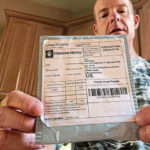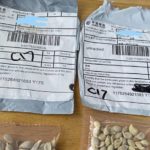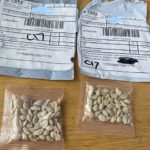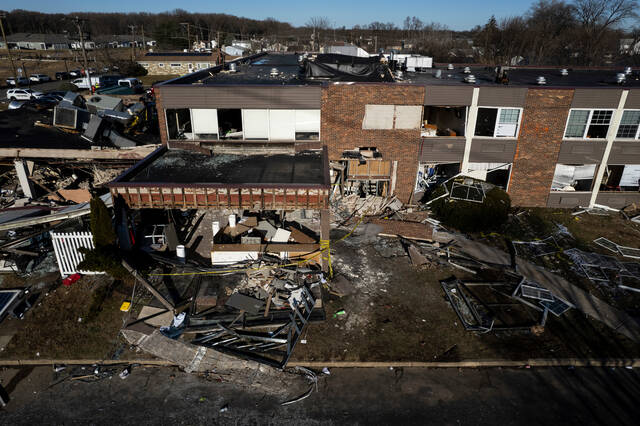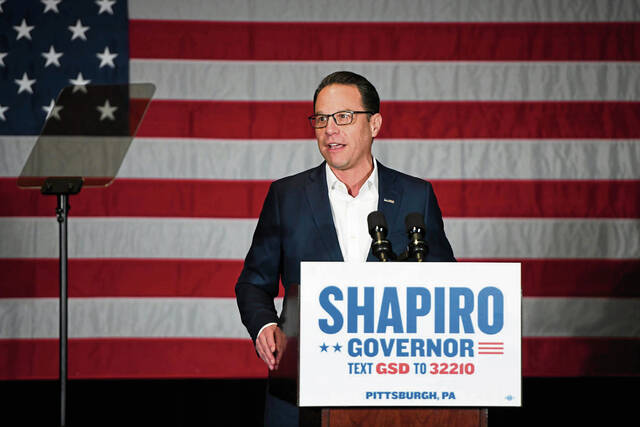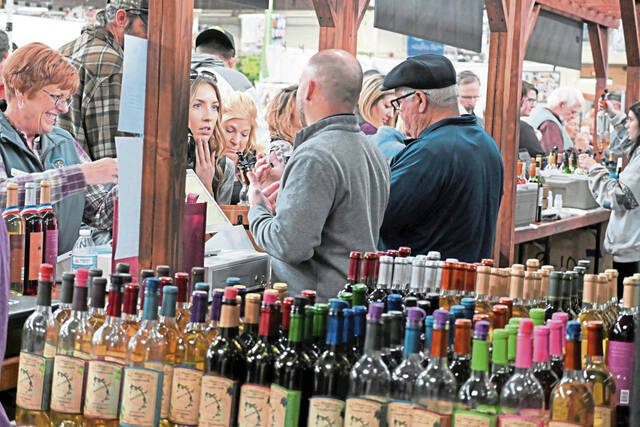Shawn O’Mahony of Penn Hills ordered a bunch of seeds online to jump-start his 2020 garden. So, when a couple of packets he didn’t recognize showed up in the spring, it didn’t seem like a big deal.
“I received two of them a couple months ago,” O’Mahony said. “They were square packages, but (the seeds) had no label on them. They didn’t look like the herb seeds I was familiar with.”
Before agriculture departments across the country would begin warning against it, O’Mahony had planted seeds from one of the packets.
“My brother sends me seeds sometimes; people will give me native seeds,” O’Mahony said. “And unless I know what it is, I always plant it in the same area in front of my house.”
Nothing sprouted from the seeds, but state agriculture officials on Tuesday warned consumers to report and discard unordered seeds that arrive from overseas.
“Seeds sold in Pennsylvania are rigorously tested to ensure that they are genetically pure and regulated to ensure that what’s on the label is what’s in the package,” Pennsylvania Agriculture Secretary Russell Redding said. “Planting seeds without knowing what they are can wreak havoc with our environment, destroy agricultural crops and incur costly control efforts for years to come.”
Agriculture spokeswoman Shannon Powers said this is the first she’s heard of anyone planting the seeds.
“Most people just want to know what they should do to discard them,” Powers said. “We’ve received a lot of calls, emails and social media comments and questions, including more than 100 (on Tuesday).”
Agriculture officials said the seeds — many of which were labeled as jewelry — may be part of a scam known as “brushing,” in which companies boost online sales by purchasing products using fake buyer accounts.
The products are then shipped to a real address, and the seller writes a positive review using the fake buyer account.
“In the past, scammers have sent empty packages,” the agriculture release reads. “Recent packages have been filled with unlabeled seeds.”
Harry Pietz of Oakmont received an envelope in June postmarked May 11, 2020, and sent from Uzbekistan in Central Asia. It was identified on the mailing label as “bead1” and filled with a small packet of seeds.
Similar to O’Mahony, Pietz ordered seeds online this year.
“We were all laughing about it,” Pietz said. “I thought maybe it was something on back-order, and I didn’t need to plant anything else, so I just threw them in a drawer.”
After hearing a news story on the radio about the seeds, Pietz reached out to the state’s agriculture department.
Consumers who receive the seeds are asked to keep the seeds and their packaging. If opened, they should be double-bagged and not planted or discarded.
U.S. Department of Agriculture officials said they are working with the Department of Homeland Security’s Customs and Border Protection agency and state agriculture departments “to prevent the unlawful entry of prohibited seeds and protect U.S. agriculture from invasive pests and noxious weeds,” according to a statement emailed to the Tribune-Review.
Consumers can report the package to the U.S. Department of Agriculture’s confidential anti-smuggling hotline by calling 800-877-3835 or emailing SITC.Mail@aphis.usda.gov. USDA officials said residents can also contact their state plant health director at APHIS.usda.gov.
Powers encouraged using the email address.
“My understanding is that most callers can’t get through on that hotline because of the sheer number of calls,” she said. “They are coming in from all over the country. It is very widespread.”





